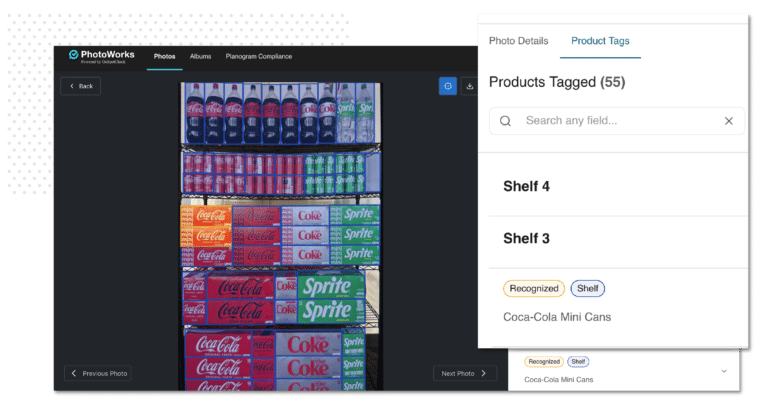Your company probably ships products in and out regularly. You have suppliers you rely on, and your customers similarly depend on you. One of your top priorities is probably to ensure that shipments in and out of your facilities are up to spec. If you want to be sure that the goods you send and receive are satisfactory, you need to perform supply chain audits.
Audits in your supply chain can be a sensitive area for your business. Handling them with paper forms or inflexible software can prove to be a significant obstacle. If you’re currently using paper or disconnected software, a purpose-built mobile application can provide many benefits. Below, we’ve listed the top five:
1. Improved data quality
Audits on paper are vulnerable to incomplete, unclear, or erroneous results. Workers writing the same information hundreds of times per hour are bound to make mistakes. More serious issues that need to be described in detail may slow down work or require a separate email to explain.
A mobile application can automatically prepopulate forms using predefined variables and previous responses. Workers auditing on a mobile app can communicate detailed issues using tools like photo upload, which allows them to capture an image, mark it up, and attach it directly to a form. Packing line employees can also use the app’s QR/barcode scanner to automatically fill in product info, making each audit faster and more accurate.
2. Better operational efficiency
Paper forms that feature few instructions and sport cramped fields rely heavily on employees’ understanding of procedures. Meanwhile, using disconnected software requires you to manually transfer data into other systems, which may result in slower, less effective work.
A mobile application eliminates the paperwork by connecting each form with the next steps. Within the app, workers are guided by on-demand reference info and conditional logic that keeps them on track. After forms are uploaded, configurable workflows can initiate any series of actions you can think of, such as assigning up a follow-up task with its own deadline. Workflows can be as simple or complex as you want, allowing you to bounce priority between many different stakeholders until the issue is resolved.
3. Increased data accessibility
Transcribing data from paper forms or double-entering it from disconnected software can take hours or even days. During transcription, there’s no real-time transparency into what’s actually happening within your supply chain. Auditing data is essentially “in limbo,” contributing nothing to your operations.
A mobile application makes data available immediately. Supervisors will have a real-time view of how work is progressing on the packing line because the data will be just a few clicks or taps away. Meanwhile, accessible data ensures that frontline teams are able to collaborate on and communicate about ongoing issues, tasks, and forms.
4. Deeper integration
Paper and disconnected software can create a barrier between auditing data and your other operations. Pack audits and supplier inspections recorded on paper must be double-entered, scanned, or manually imported into your systems to be useful.
A mobile application can use a custom integration layer to effectively “talk” with all your other systems, transferring data, tasks, and API calls to and from your auditing forms. That deep integration can play out in a number of ways, such as triggering a quality inspection based on a pack audit. Integrations can even automate complex workflows in which priority is bounced between several different stakeholders or teams.
5. More insights
One of the most difficult goals to achieve when auditing your supply chain is long-term improvement. In theory, audits can be very successful regardless of whether they focus on a specific issue or a systemic problem. In practice, they often operate as one-off affairs, correcting the same issues over and over, one at a time.
Data visualizations powered by a mobile app can reveal key insights that allow you to make meaningful, long-term changes. For example, you might wonder if employment seasonality plays a role in pack audit speed, and the answer could help you update your training program. You can easily set up a custom dashboard that shows you how many audits were completed per day in a given timespan.
Get started with a mobile application
At Form.com, we understand the vital role that supply chain audits play, and we know how challenging they can be when you’re working with paper forms or rigid software. Form.com specializes in transforming manual auditing processes into powerful mobile applications and integrated solutions. Request a Form.com Pilot today to see how we can help your organization start using a mobile application for pack audits.




